Good Unsellable Article Ideas, Ranked

group profile on neil maskell, michael smiley, jared harris, sean harris, and andrew scott
- Make them pose for whoever is Peter Lindbergh's most respected surviving assistant in a tangle of limbs and shantung
- Call it "the fearmongers" or maybe something that dwells on how well they all play Australian
- Use "Australian" to pivot to big argument about how Sam Worthington deserves to be in the group and possibly Andrew Scott doesn't
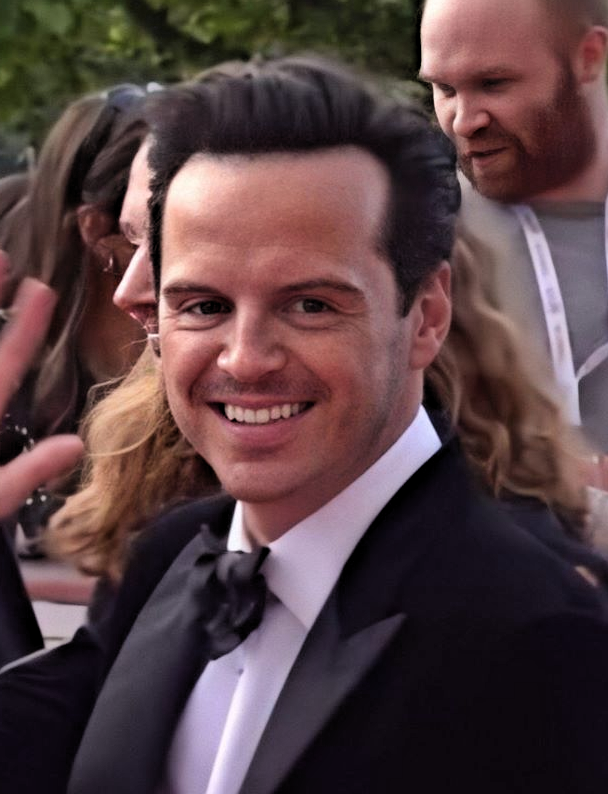



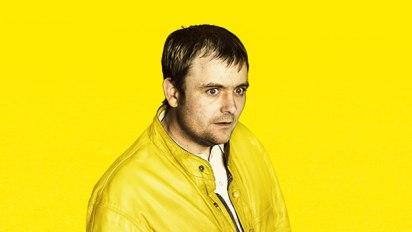
Themed review of my least favorite contemporary medieval-themed novels
- Matrix by Lauren Groff
- Lapvona by Ottessa Moshfegh
- Joan by Katherine J. Chen
serious reported article talking to everybody who knew David the Brooklyn bike messenger who passed away in a bike accident and became the donor for the first American face transplant
I'm pretty sure he hung out at Second Chance in the 2000s-10s but who remembers that you know
Spiked one I already did about women's mortgage writing
The URL that used to host a long interview with Rachel Cusk and her second husband, Siemon Scamell-Katz for The Modern House is now broken. When it worked, you could read them talking all about the “4-bedroom eco house” they designed and built in Stiffkey, on the coast of Norfolk in England, boasting a lake for swimming in, three separate studios (two for art, one for writing), and sweeping, elegant lines.“What I found in this process is that I am very used to conceiving of something and realizing it, in my grasp of language and form and technique,” Cusk said in that piece. “And the whole point is that what you end up with is something that has obeyed you. You have imposed yourself on it. This house is the opposite.”
...
“We currently have a poor appetite for living,” she wrote in her newer Times essay. A sickened appetite for living and making art also afflicts the protagonist of her most recent novel, Second Place, which stages a conflict between a visiting male artist and the owner of a familiar-sounding coastal compound. Rather like Spiotta’s Sam, this older artist is anarchic and playful, which takes the form of disrespecting his hostess. Unannounced, her brings a much younger female companion along; they eventually vandalize the special visiting artist’s studio that gives the novel its name. He shows his hostess to herself, revealing her as anxious and houseproud, privileged but controlling.
...
There are several interludes in Real Estate of Levy feeling jealousy while scrolling Instagram, looking at the country piles and gorgeous gardens belonging to other people. “Bonjour, isn’t the air a delight here! Look at our country cottages with their tangle of pink climbing roses,” she imagines them saying. “Look! Look on Twitter: our ducks are sleeping under the willow trees! Look at our dining table …our pergola, our salad bowls….Look! Look at you looking on Instagram! Here we are, setting off on our country walk with Molly, our sweet-natured Burmese python.”...
...
Property is the unsung backdrop to or subject matter of almost every novel, if you can accept that the surface of the earth is an large patchwork of saleable plots. Amortization is “the gradual elimination of a liability, such as a mortgage, in regular payments over a specified period of time.” Amortization of the self is one way to take account of things; to measure the incremental value of one’s person against the incremental value of a corresponding patch of the planet’s outermost crust.
To take on the kind of debt that owning a house usually requires is to become a person under capitalism. In her book Genres of the Credit Economy, literary historian Mary Poovey traces how the new idea of being worthy of financial credit in eighteenth century Britain gave a label to the tethered idea of personal credibility—in other words, human worth translated into a number. And yet debt and finance are flighty systems, subject to some kind of mysterious subjectivity and prejudice that resembles the unknowability of people.
Gender, especially femininity, has always, Poovey argues, been part of the way we characterize that unknowability. In his famous Review essay, Poovey cites Daniel Defoe’s characterization of credit “as a mysterious dominating female,” a figure which “encouraged tradesmen to both accept and – to a certain degree enjoy their inability to control their financial fates, not to engage actively in analysis that could produce rational responses to market conditions.” Defoe couldn’t explain how the new credit market worked, but making it into a woman—the spiritual administrator of the estate, the Great Lady Elizabeth Bennet is fated to become—excuses him.
Relaxed, dyke-context interview with Lori Lightfoot where I don't hold her accountable for anything
The details are not my job—I would just hang out with her out of sheer curiosity. She's probably not all that busy and if I were her I'd be in the mood to reminisce and stew out loud. Feels like a missed opportunity
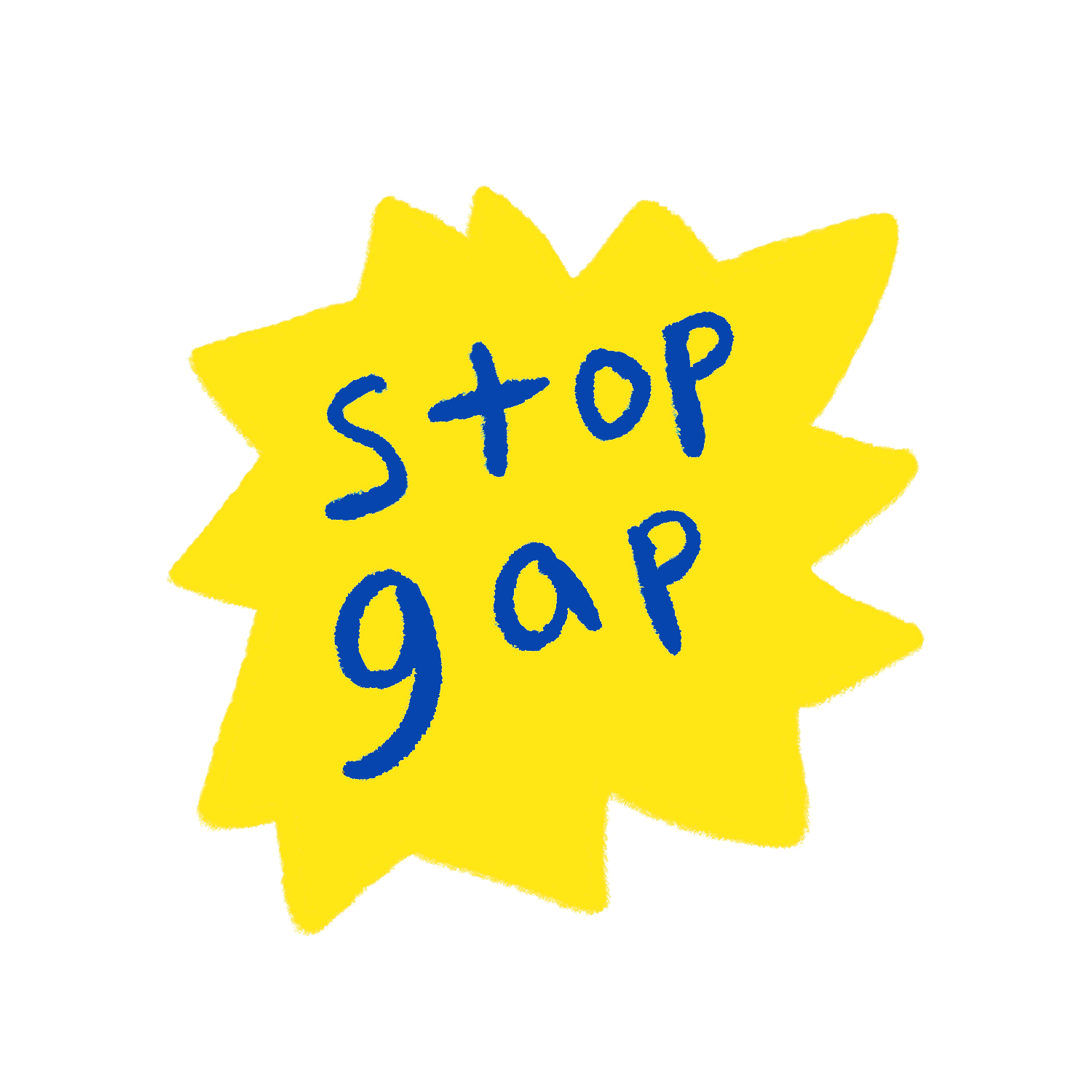
![London's Top 5 Companies Named i[Word] Not Affiliated with Apple](/content/images/size/w750/2024/06/imix.jpg)
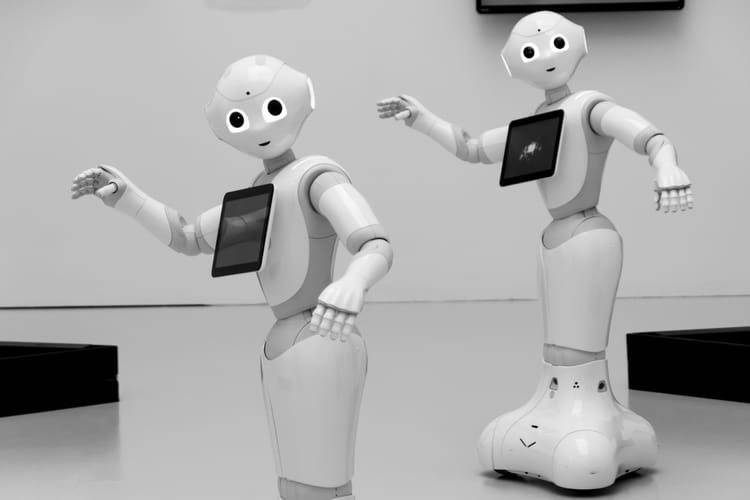
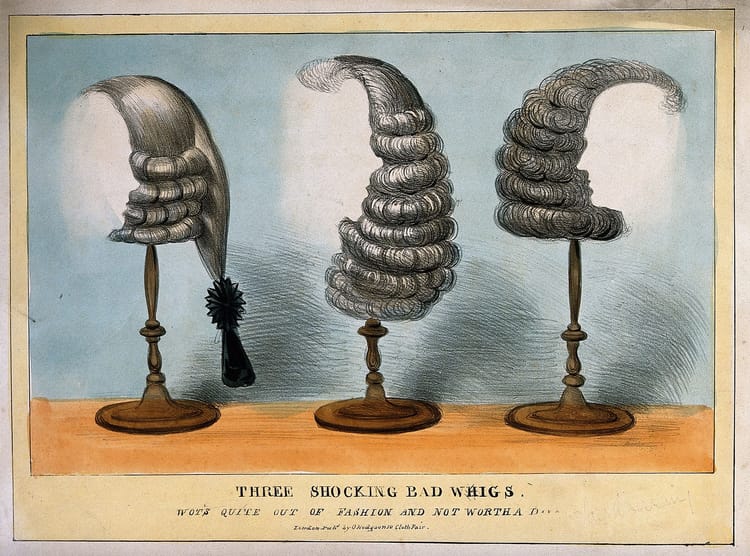
Comments ()